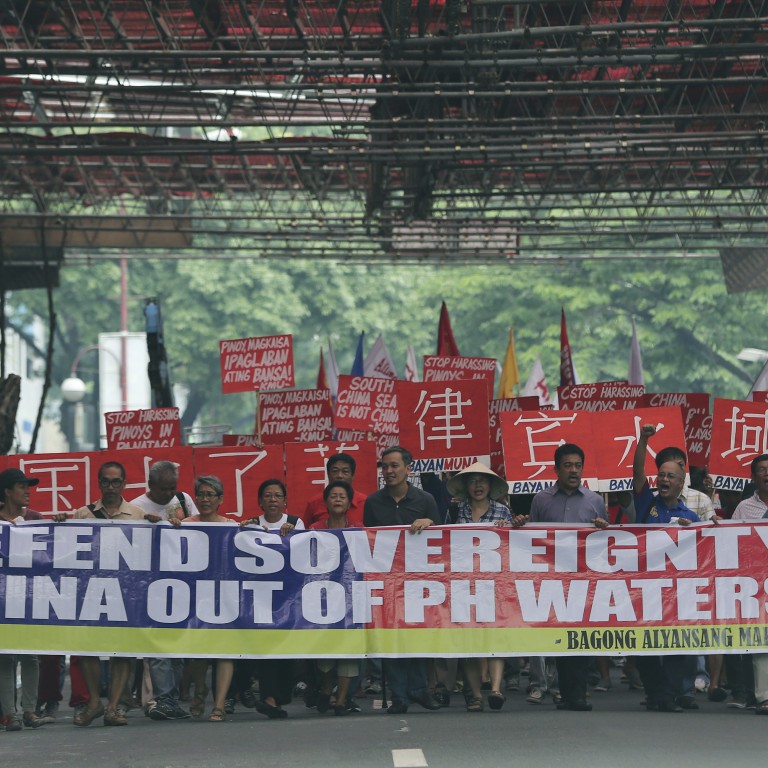
Lurking nationalism threatens Asia
Daniel Wagner says economic and military competition in the region only add to historical grievances, increasing the potential for conflict
Given Asia's diverse cultural, linguistic and religious mosaic, nationalism is always lurking beneath the surface here. The competition for natural resources has only exacerbated the tendency, threatening the concept of Pan-Asianism. It has manifested itself in a number of ways, from more restrictive foreign investment policies to militarism.
A rising propensity towards militarism - between regional powers and, on the global chessboard, between China and the US - is a source of growing concern. The high-profile conflict between China and the Philippines over the Scarborough Shoal, known to the Chinese as Huangyan Island, is evidence of this, as is competition for superior blue-water military capabilities between China and India.
The stage is set for rising military expenditure throughout the region.
Domestic politicians so often use nationalism to achieve their own objectives, while many Asian governments continue to be products of their own history and have little interest in moving past that history with their neighbours. Until enlightened leaders are in office, Asia seems incapable of moving on.
It doesn't help that the US has chosen to "pivot" to Asia while China continues to flex its muscles. The Obama administration flatly denies its "pivot" has anything to do with China's rise. It would be better if the US simply admitted what it was really all about. Better, too, that China admits why it is raising its military spending, that Japan admits why it is seeking to have offensive military capability for the first time since the second world war, and that the Philippines be honest about why it is talking about inviting the Americans back. A little honesty - stating the obvious - can go a long way in international relations.
It is hard to imagine economic nationalism or militarism becoming less important in Asia in the short term, so we should not expect any substantive change for the foreseeable future.
Such trends run counter to the euphoria about Asia's ongoing growth prospects and raise concern about Asia's ability to attract foreign investment, or remain peaceful. The 2007 financial crisis proved Asia is not invulnerable to a global economic slowdown. And numerous historical conflicts have demonstrated that Asia remains a tinderbox of potential flare-up.
The coming months will be a litmus test as to whether Asia can maintain high growth rates in the face of sustained headwinds, and whether Asian hot spots will remain conflict-free. As the players in the South China Sea island disputes continue to jockey for position, conflict appears increasingly likely.

